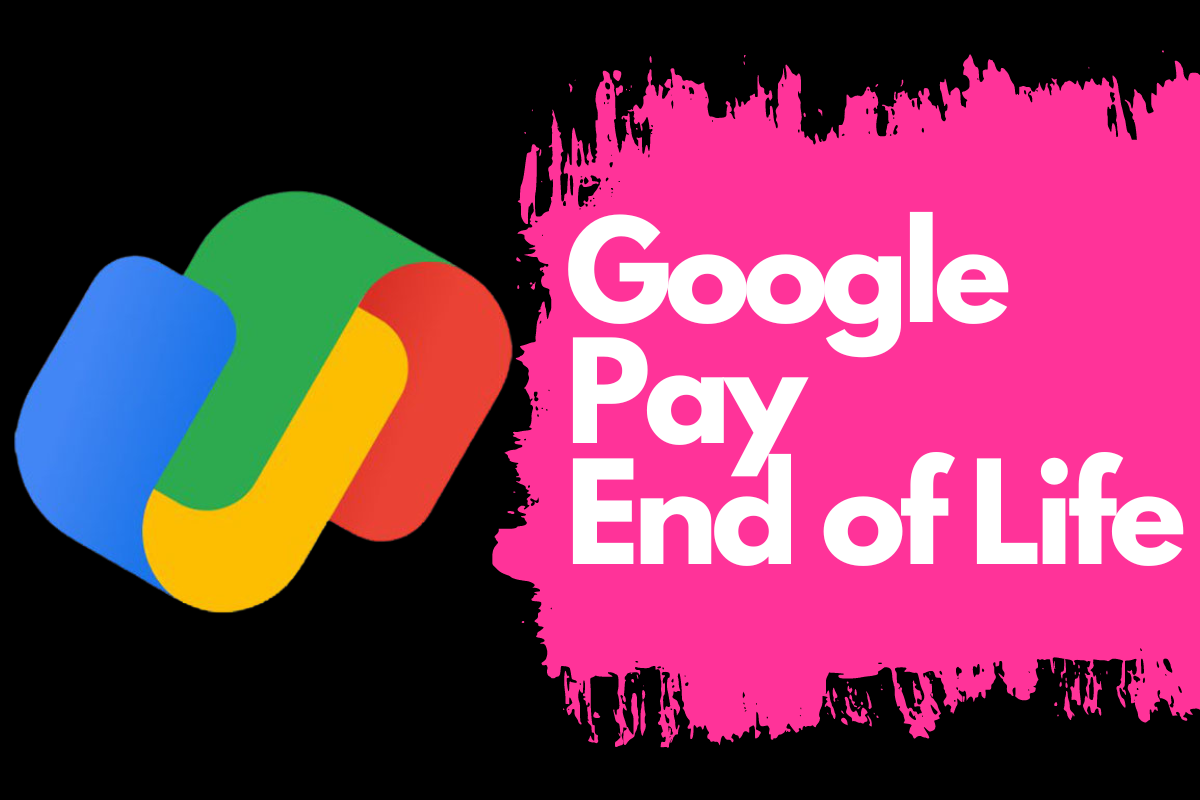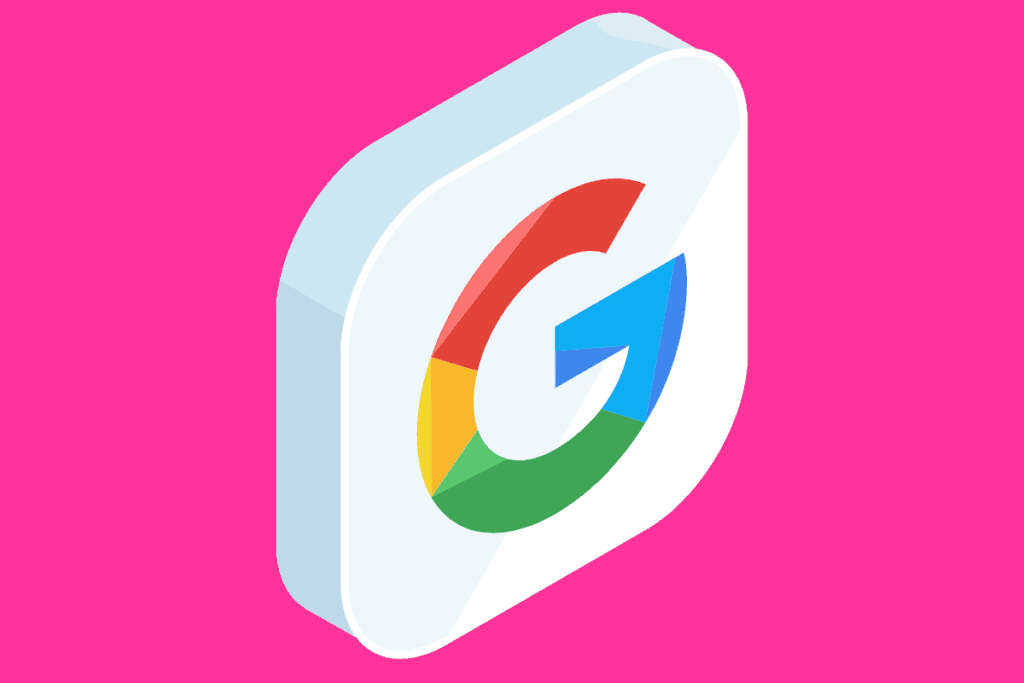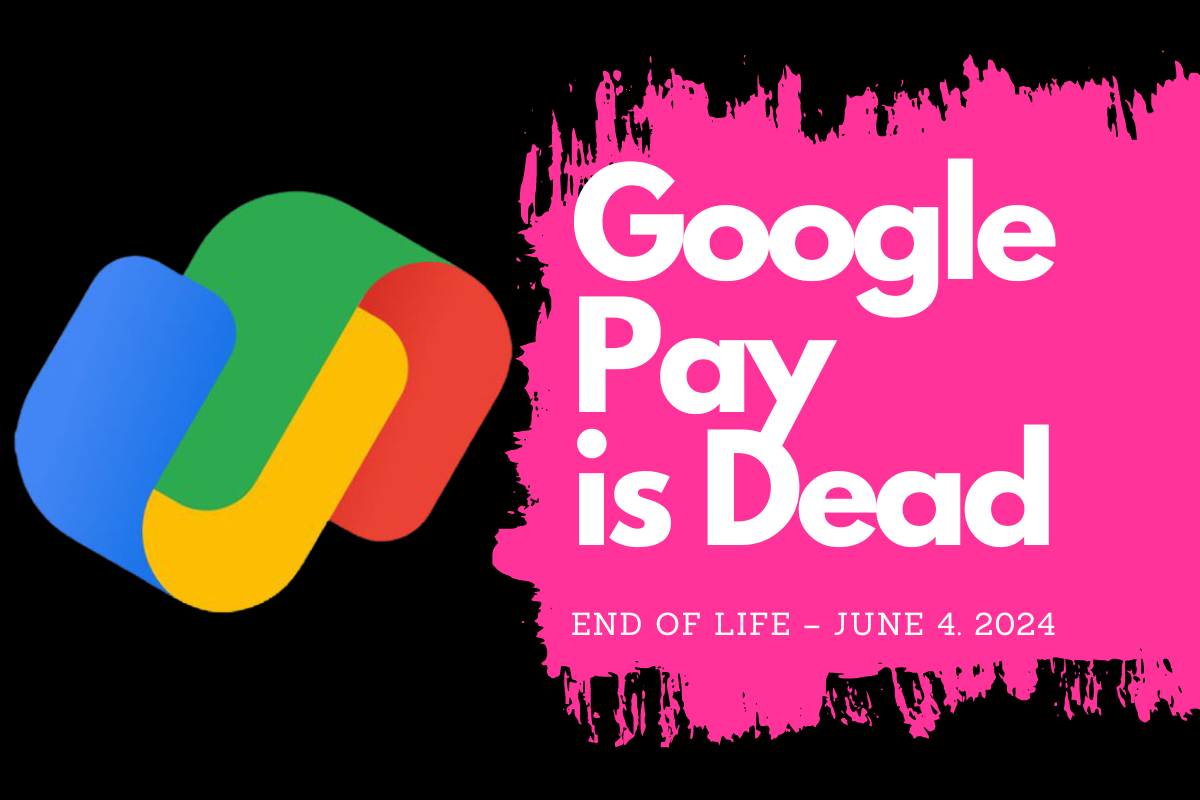Google Pay joins Google+, Inbox, Google Glass in Google’s never-ending scrap heap of failed projects
Google likes to create, release, and then kill off projects – it’s kind of a thing now. Stadia was the last big name project to be culled. But before that we had things like Google+, Inbox, and of course Google’s never-ending slew of messaging apps.
Google Pay is DEAD. Long Live Google Wallet!

Google Pay has been around in one form or another for years now. But the app is being officially sunsetted in June 4, 2024 – at least for users in the US and most parts of the Western world. The service will remain unchanged in India and Singapore.
If you have a Google Pay account with money in it, you have until June 4 to move your balance elsewhere. All bets are off for what will happen to any funds left in Google Pay once the kill switch is thrown.
Google Wallet will replace Google Pay as Google’s de facto mobile payments app, replacing it on Android and inside its Chrome browser. And the reason? According to Google, Google Wallet is five times more popular than Google Pay in the USA.
Google’s Long History of Failed Projects
Google Pay is the latest Google project to be killed off. But there have been many, many more over the years. In fact, Google’s penchant for releasing something, marketing the hell out of it, and then killing it has become something of an industry joke.
This is why its current erratic behaviour around AI, rolling it out into search with Google GSE, and things like Google Gemini, are so perplexing. Google doesn’t mind killing its darlings, but it has never messed with the core elements of its main product: search.
And given the issues that it is having with Gemini and the fact that AI models – all of them – are prone to hallucination and making things up, one could argue that Google’s current plan for AI might end up being yet another one of its failures.
And if you’re interested in other projects that Google is killed or culled in recent history, here’s a quick overview of just some – I repeat, a mere selection – of the projects and products it has killed over the years.
Discontinued Google Products

Google Glass (2012-2019)
Google Glass, an innovative pair of smart glasses, aimed to redefine the interaction between technology and daily life. Despite its groundbreaking concept, the product faced significant challenges, including a high price point, limited functionality, and concerns over privacy, leading to its discontinuation.
Google+ (2011-2019)
Introduced as a competitor to Facebook, Google+ struggled to establish a significant user base and was marred by issues related to user data management, ultimately resulting in its shutdown.
Google Wave (2009-2012)
Google Wave was a bold endeavor to merge email, social networking, and document collaboration into a single platform. Its complexity and user confusion, however, prevented it from achieving widespread adoption.
Google Reader (2005-2013)
Google Reader was a widely used RSS feed aggregator that allowed users to follow updates from their preferred websites and blogs. Despite its popularity, Google chose to discontinue the service to focus on other projects.
Orkut (2004-2014)
Orkut was one of Google’s early forays into social networking, finding particular success in specific regions. However, it failed to achieve the global dominance of competitors like Facebook and was eventually phased out.
Google Buzz (2010-2011)
Google Buzz, integrated within Gmail, aimed to add a social networking layer to the email service. It was met with criticism for privacy issues and was discontinued shortly after its launch.
Google Allo (2016-2019)
Google Allo, a messaging app, sought to rival established platforms such as WhatsApp. Lack of sufficient user engagement led to its termination.
Google Inbox (2014-2019)
Google Inbox attempted to enhance the traditional email experience with features like email bundling and snoozing. It was later reabsorbed into Gmail and discontinued as a standalone service.
Google Play Music (2011-2020)
Facing tough competition from Spotify and Apple Music, Google Play Music was shut down and its features integrated into YouTube Music.
Stadia (2019-2023)
Stadia, Google’s cloud gaming service, offered gameplay without the need for high-end hardware. Despite its unique proposition, it failed to secure a substantial market presence and was discontinued.


